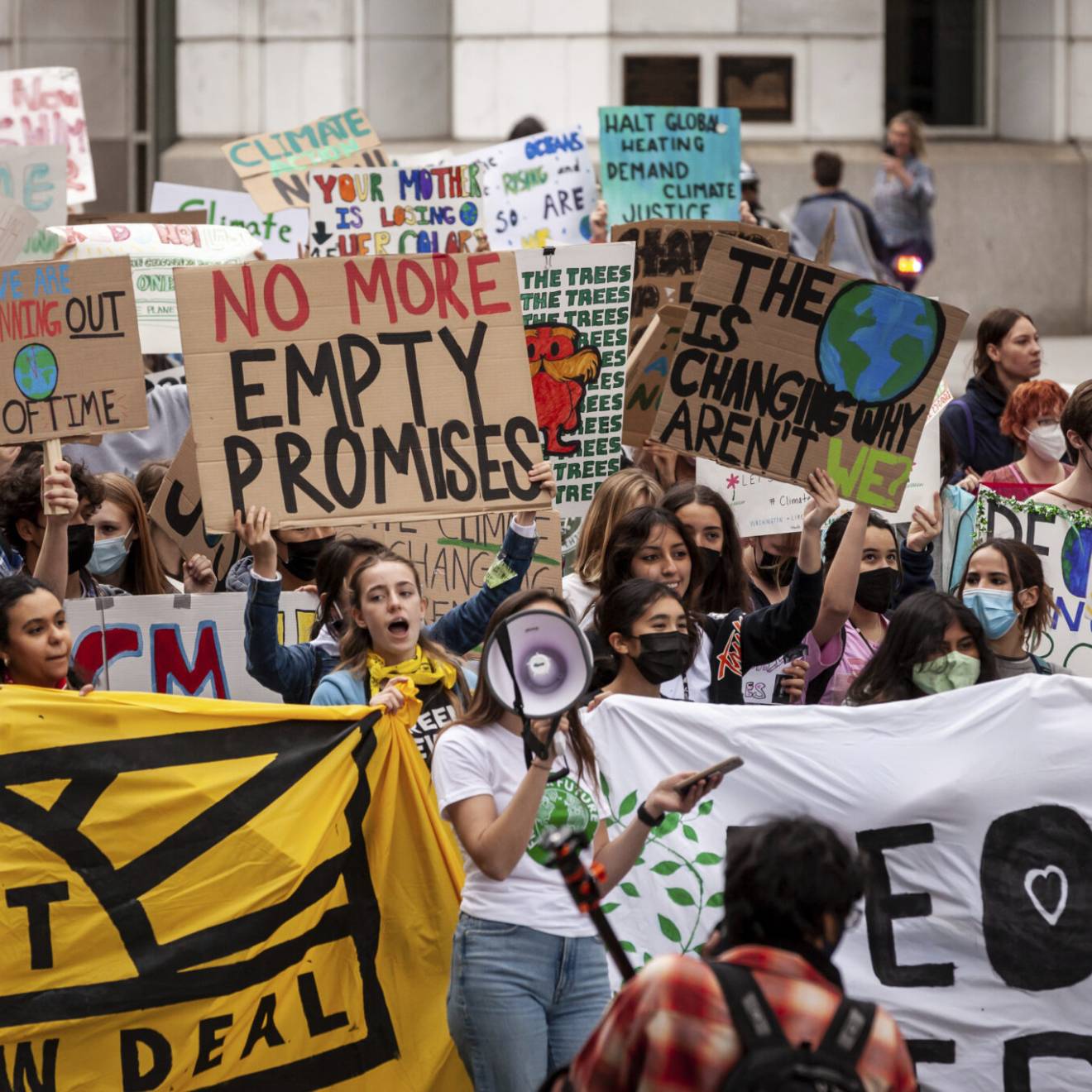Harry Mok, UC Newsroom

Protecting the planet for future generations is a “moral imperative” for colleges and universities, UC President Janet Napolitano said in a keynote address Tuesday (July 21) at the California Higher Education Sustainability Conference.
“This is our responsibility as members of the higher education community, as Californians and as citizens of the world,” Napolitano said at the gathering of sustainability officers, researchers and educators from public and private colleges and universities. “It’s a moral imperative.”
UC is doing its part by embarking on a Carbon Neutrality Initiative. Launched by Napolitano in 2013, it commits the University of California system to reduce its net greenhouse gas emissions from operations to zero by 2025.
“Our goal is for UC to become a model for other institutions, and to help the state of California attain its own ambitious climate change goals,” Napolitano said at the conference, hosted by San Francisco State University.
Some of the major actions UC has taken since launching the Carbon Neutrality Initiative include:
- Entered an agreement to buy 80 megawatts of solar power, the largest solar energy purchase by a university in the United States. When fully online, the clean power will keep 88 metric tons of carbon per year from being emitted into the atmosphere. Together with the 35 megawatts of solar energy UC currently generates, by 2017 the university will produce enough electricity from the sun to power 38,000 homes.
- Became the first university in the world to sign the Montreal Carbon Pledge, a commitment to measure and publicly disclose the carbon footprint of investment portfolios on an annual basis.
- Signed the United Nations-supported Principles for Responsible Investment, which commits UC to integrating sustainability, environmental and social responsibility, and ethical governance as factors in its investment decisions.
- Committed to target $1 billion of its investment portfolio over the next five years toward renewable energy and other ventures oriented toward climate solutions.
Upping the ante
Carbon neutrality had been a long-term goal of UC’s sustainable practices policy, but Napolitano further galvanized efforts across the system by setting a 2025 deadline.
The initiative aligns with UC’s broad sustainability goals. The university enacted a sustainable practices policy in 2004, transforming UC campuses into national models for sound environmental operations.
Through the Carbon Neutrality Initiative, faculty, students and staff are working collaboratively across the entire university system on research projects, operational changes and more to achieve the goal.
That effort includes 37 student fellows who have received grants to engage in research and campus outreach geared toward reducing greenhouse gas emissions.
In her keynote speech, Napolitano said the student fellows exemplify what the Carbon Neutrality Initiative is all about.
She described the work of UC Berkeley doctoral student Stella Cousins, who is studying dead trees in the coniferous forests of the Sierra Nevada, and how those trees affect carbon emissions.
“Stella’s research focuses on California, but her interest in tree mortality in the Sierra is rooted in broader concerns about the global environment,” Napolitano said.
Students have long been active in sustainability issues at UC and worked with the university to adopt its sustainability policy. They will also play a key role helping UC achieve carbon neutrality, Napolitano said.
“The student fellows are just the most recent standard-bearers in the broad and enduring tradition of UC student leadership on sustainability,” she said.
Carbon neutrality research highlights
- UCLA professor Yang Yang and his research team are developing see-through solar film that can harvest energy from the sun. The film can be used on windows, sunroofs, or even smartphone displays.
- UC Santa Barbara professor Ken Hiltner leads the Environmental Humanities Initiative. He is teaching students how the humanities illuminate the complex challenge of climate change, and the roles that history and culture play in addressing that challenge.
- UC Santa Cruz professor Gary Griggs studies the impact of rising sea levels on California’s beaches and coastline, and public policies around the issue.
- UC Agriculture and Natural Resources farm advisor Gary Bender discovered how to double the size of San Diego County’s avocado crop while reducing the amount of water required to produce it.
- UC Merced professors Roger Bales and Martha Conklin, and UC Berkeley professor Steve Glaser, have developed a network of instruments in the American River basin that provides real-time data on snow water content and can more accurately predict the amount of runoff. The data could help improve the management of the state’s water supply system.

